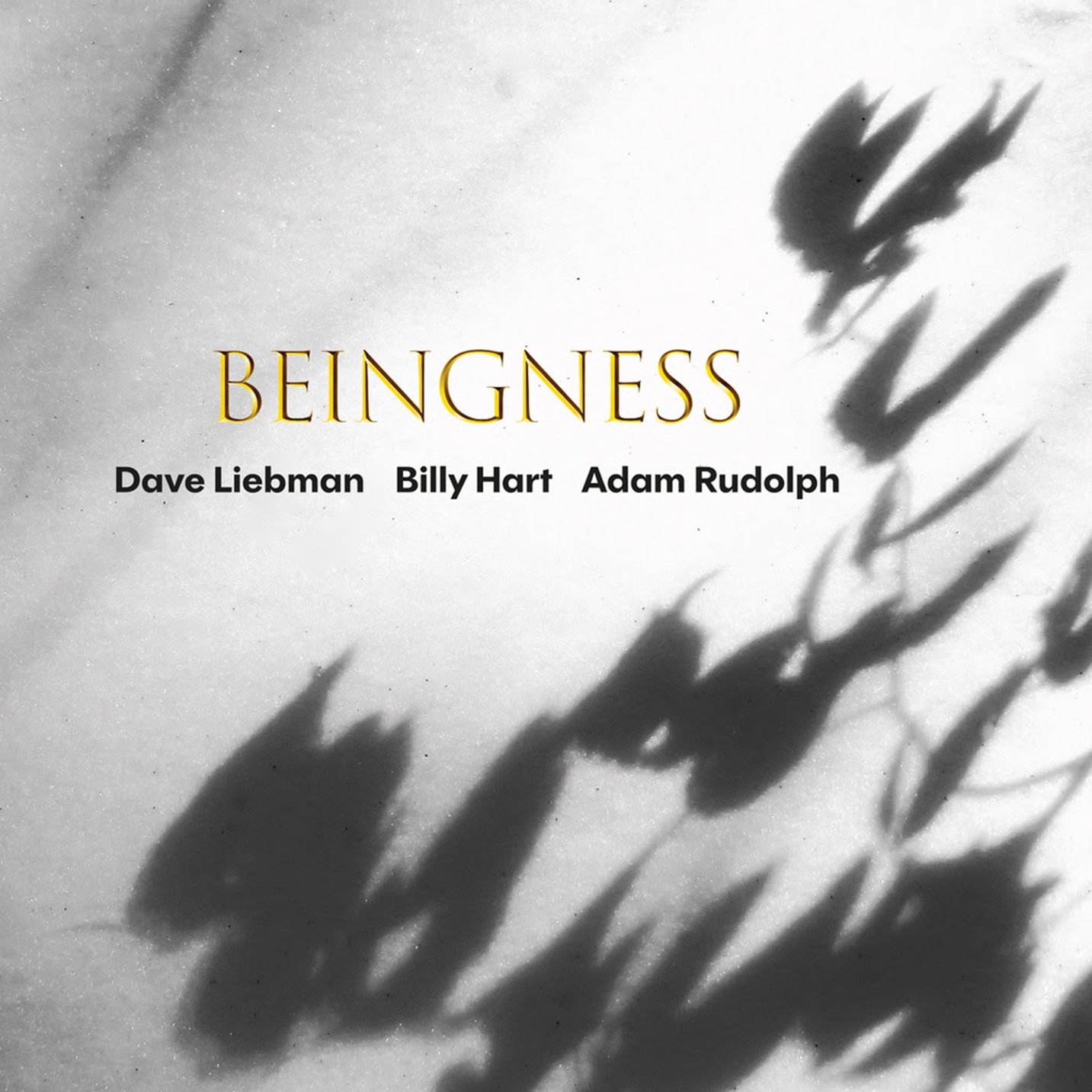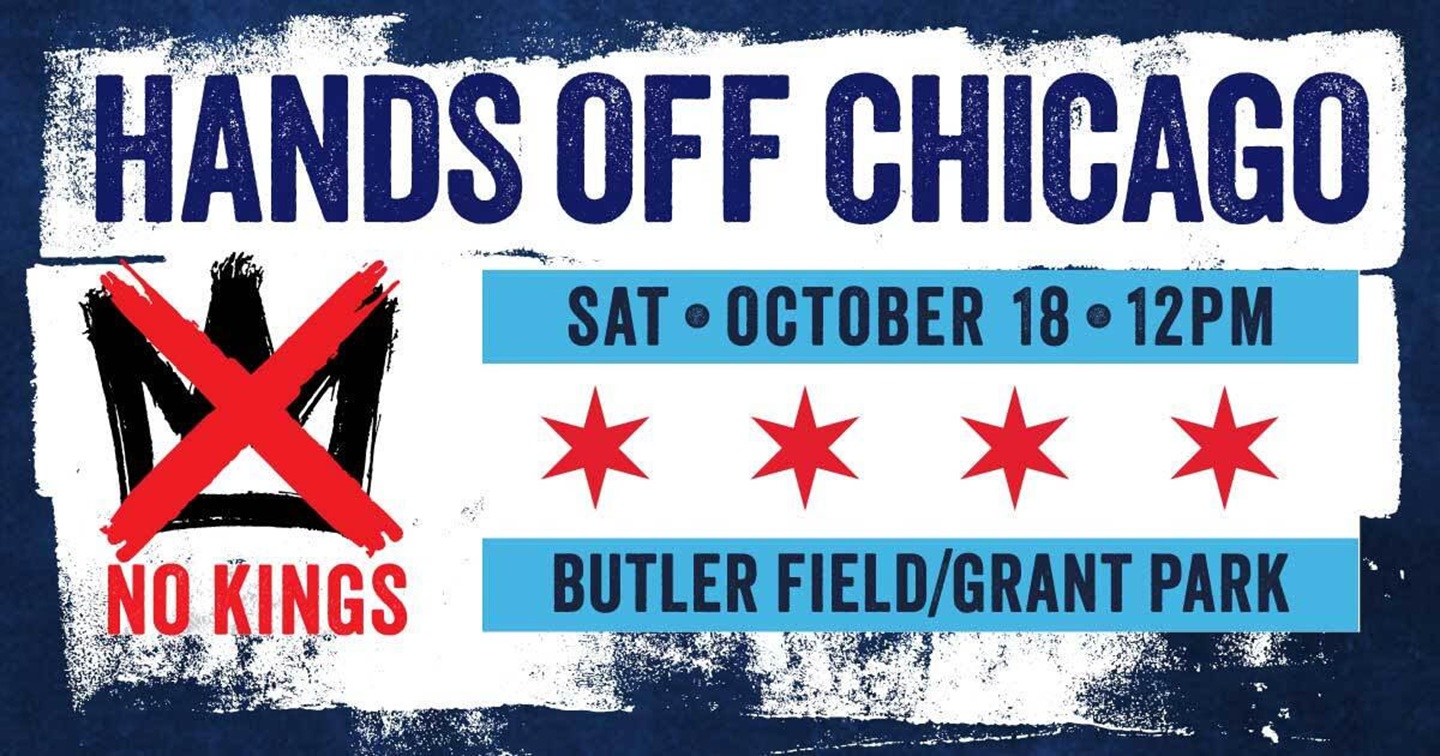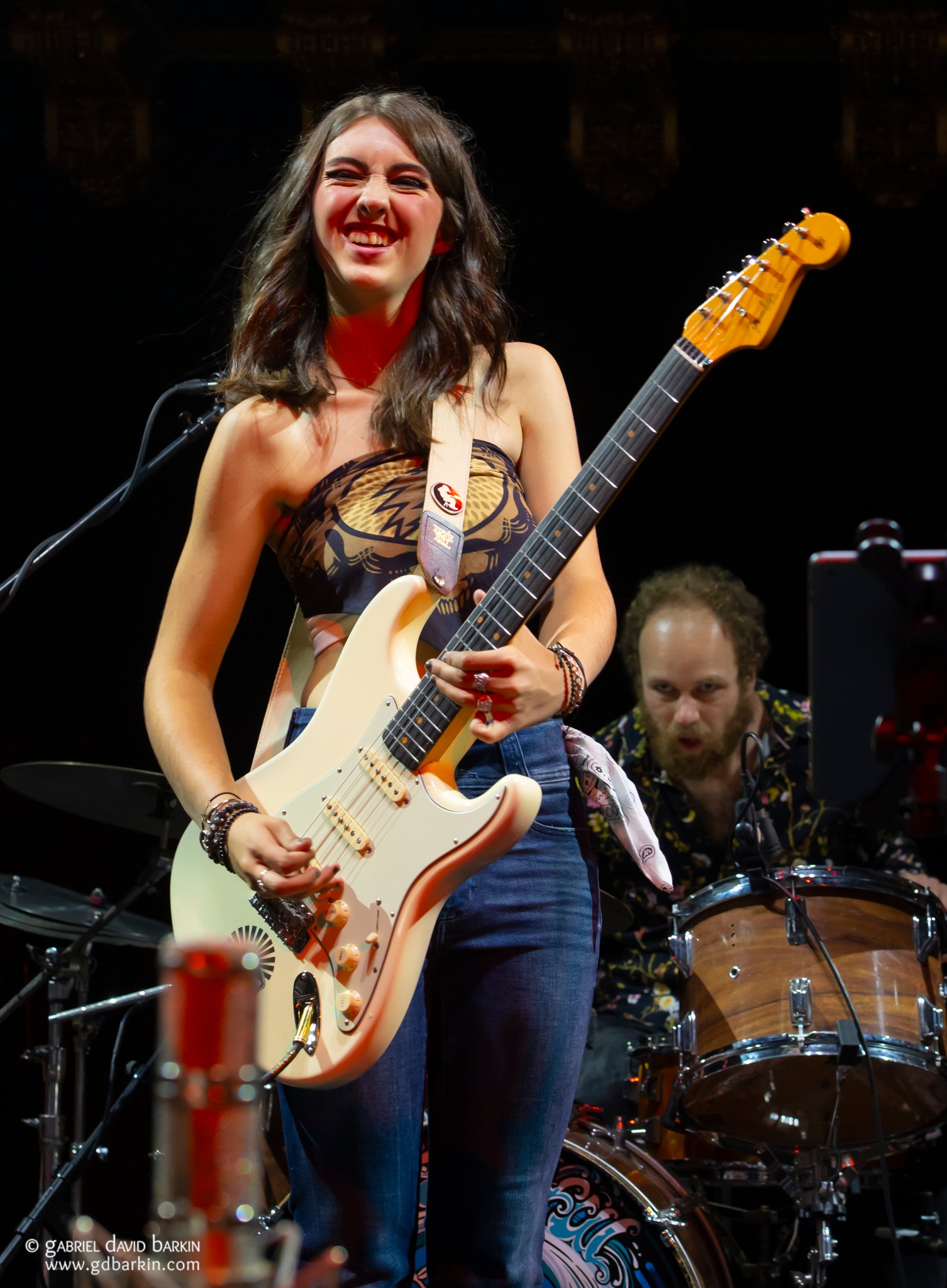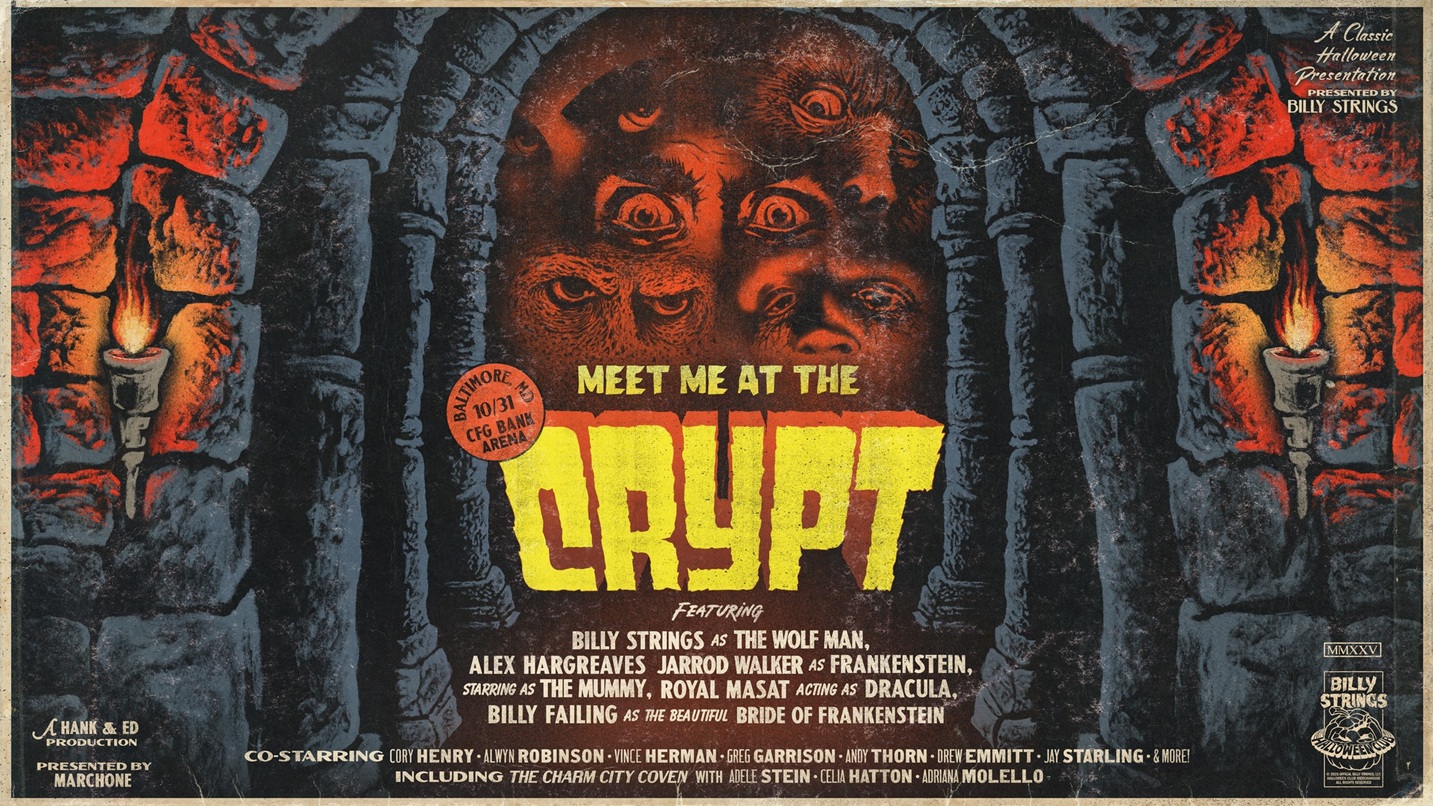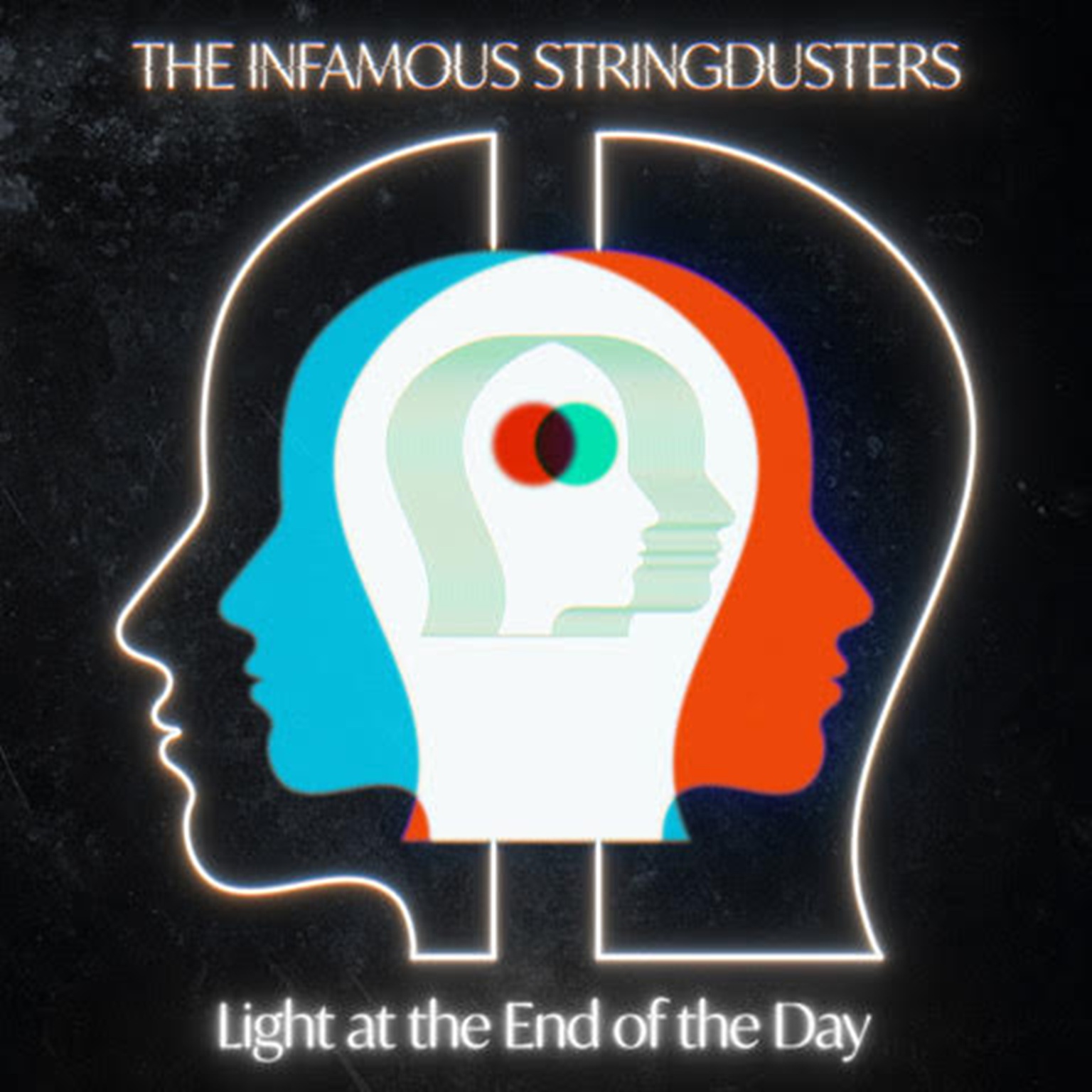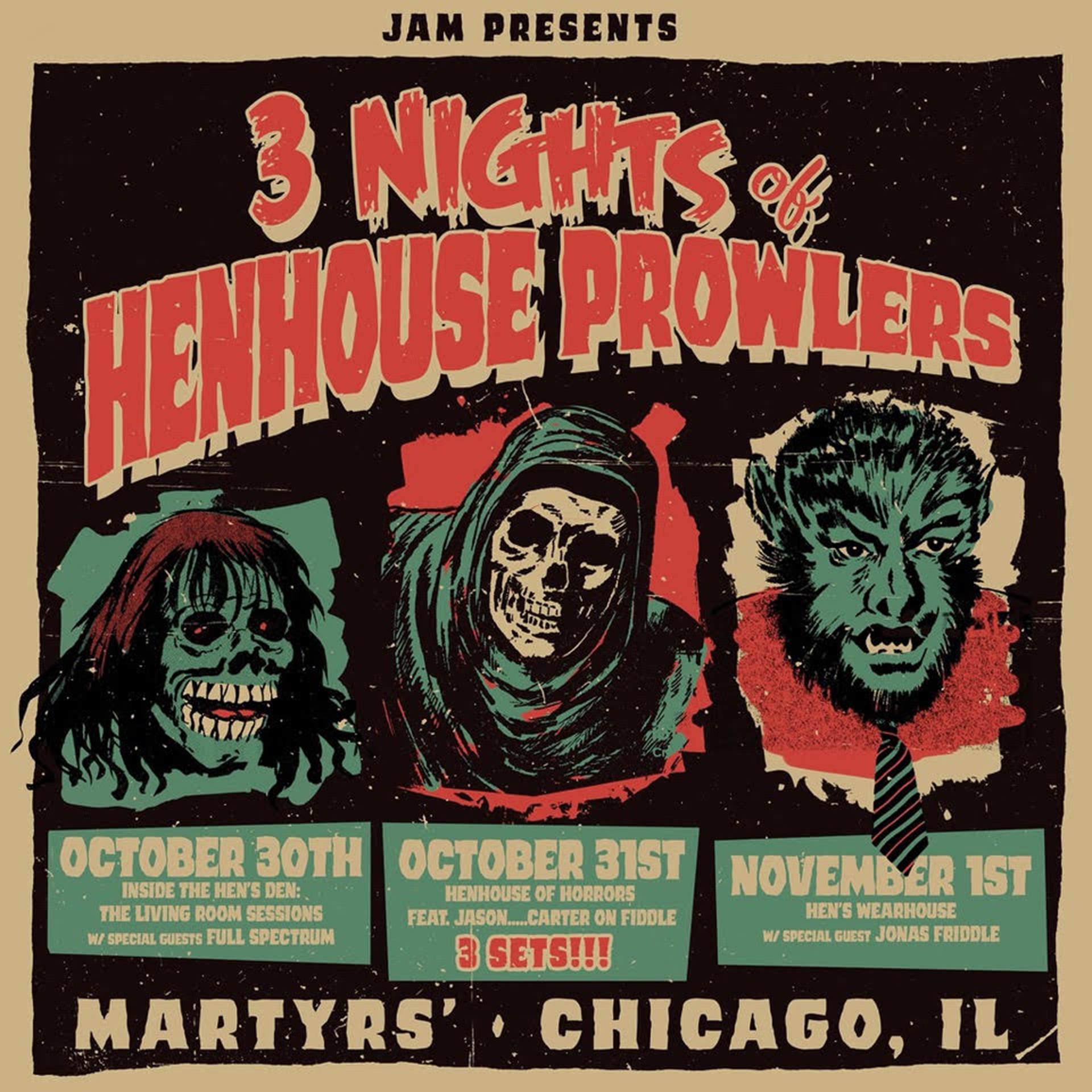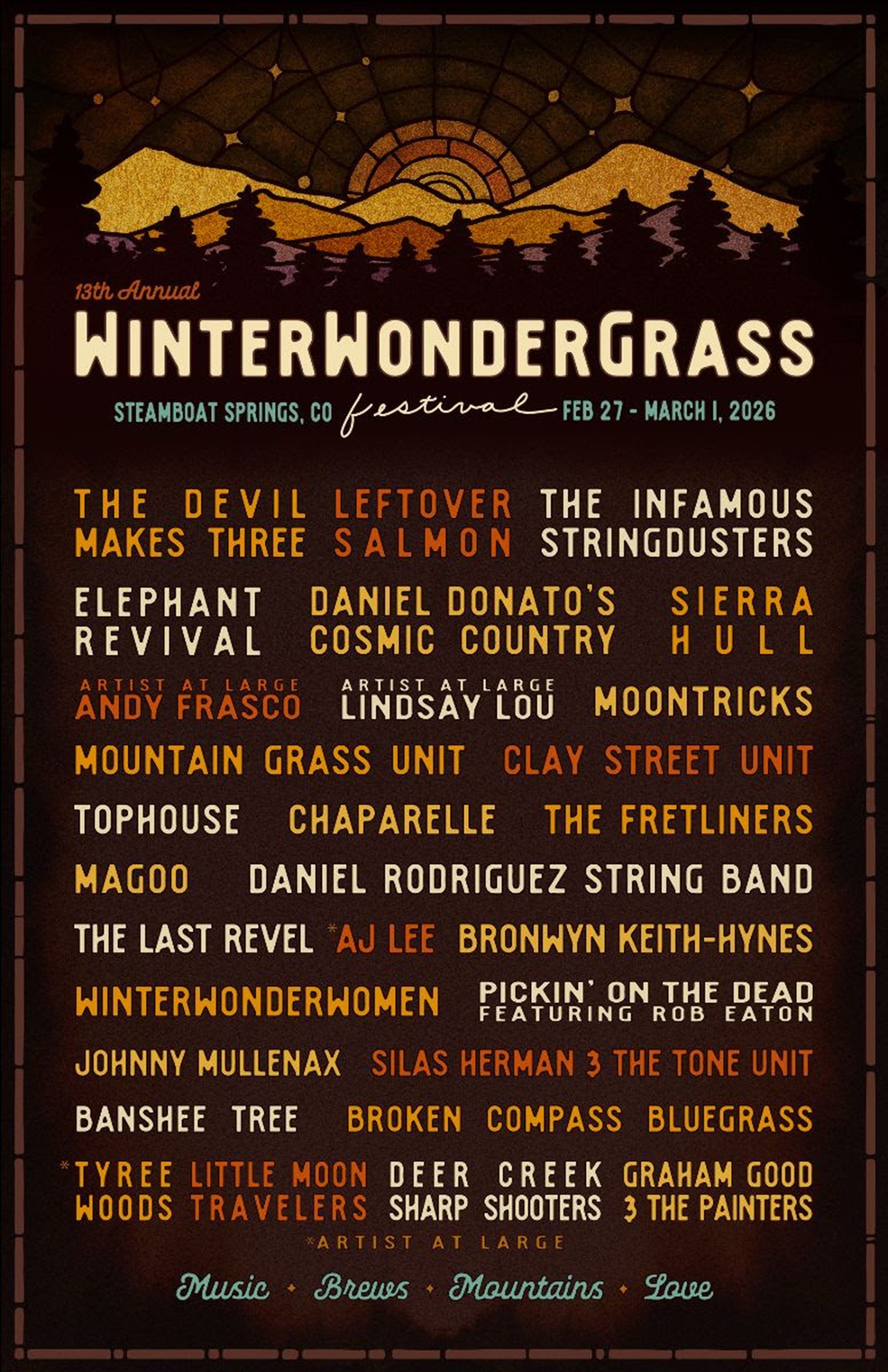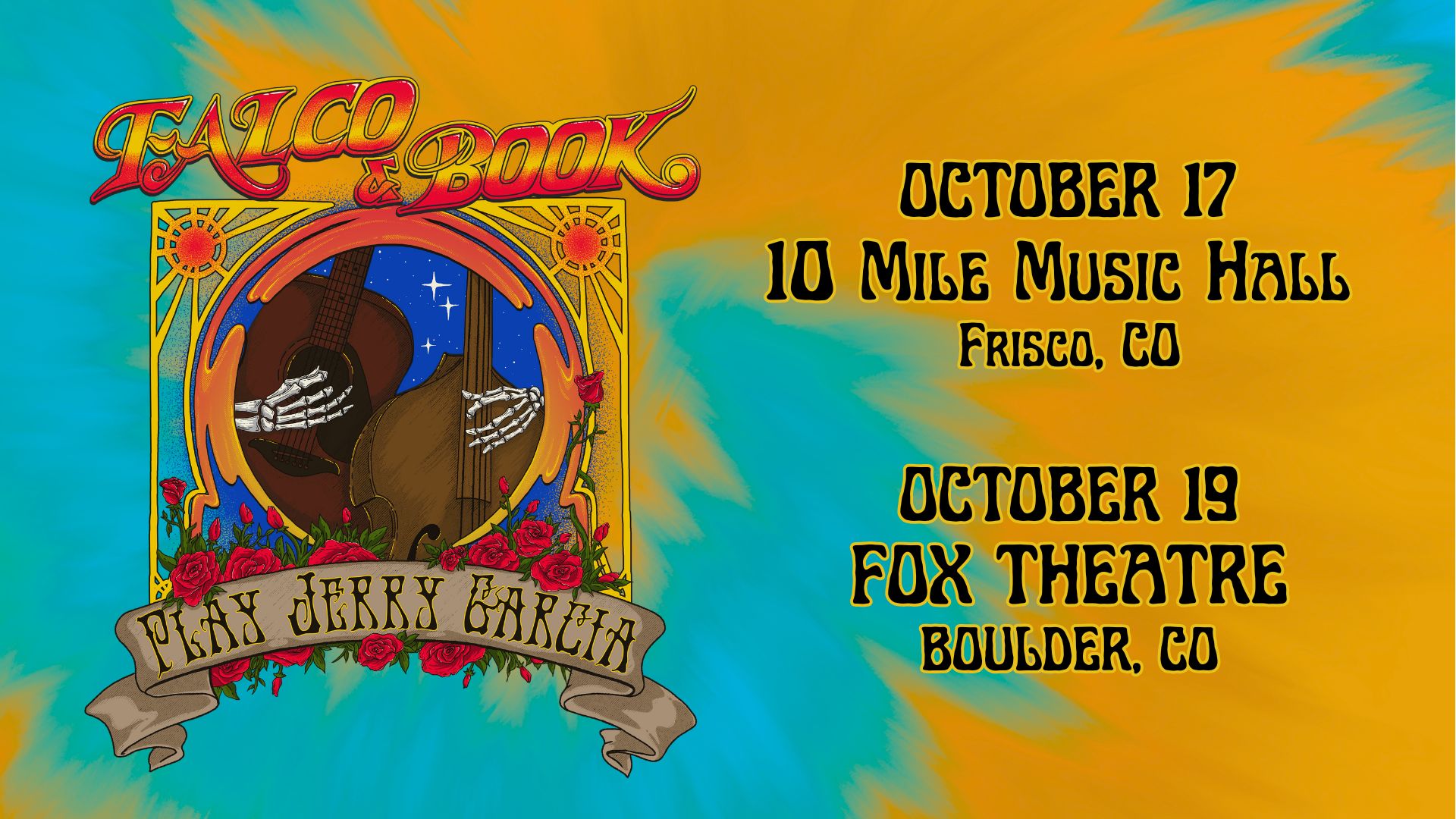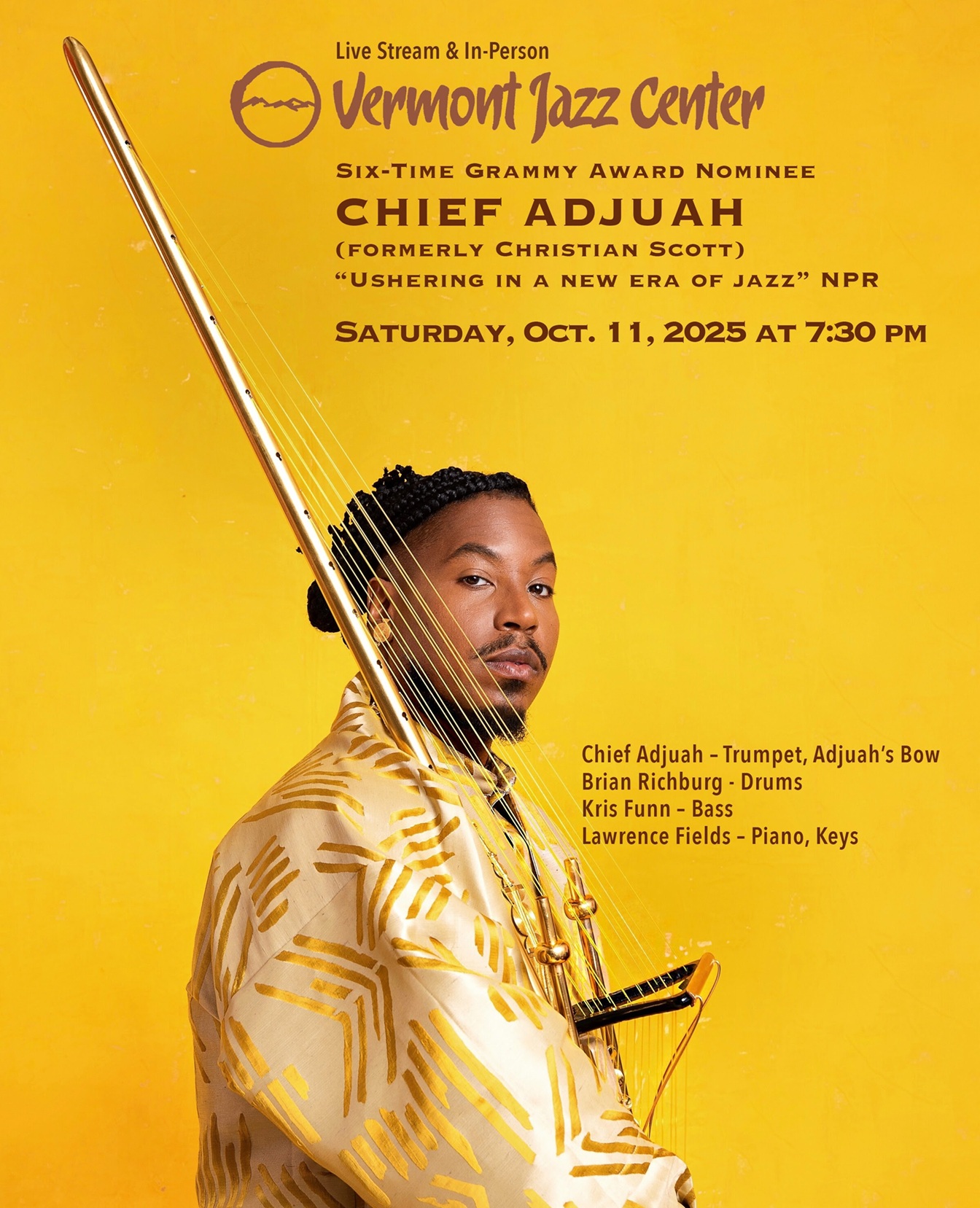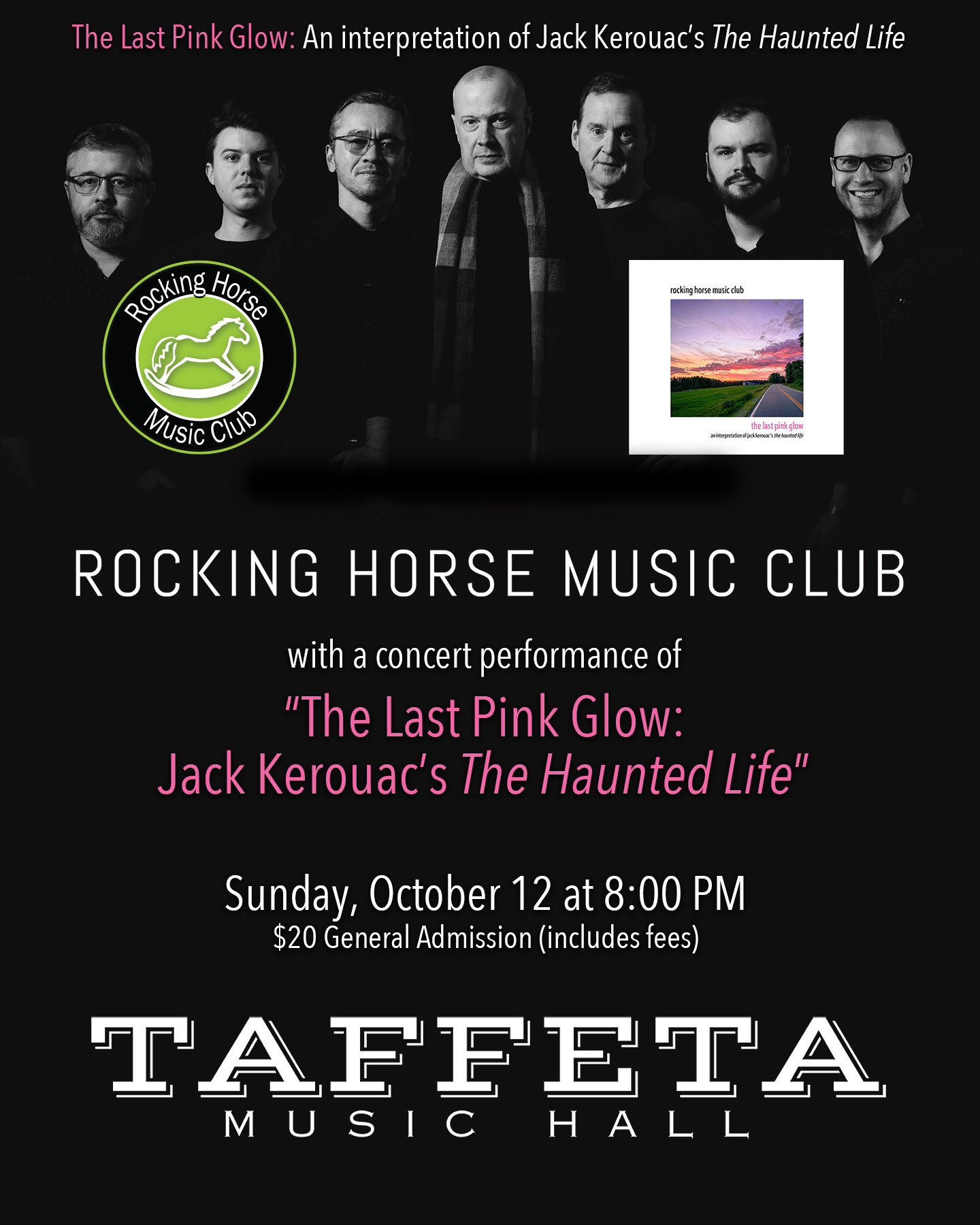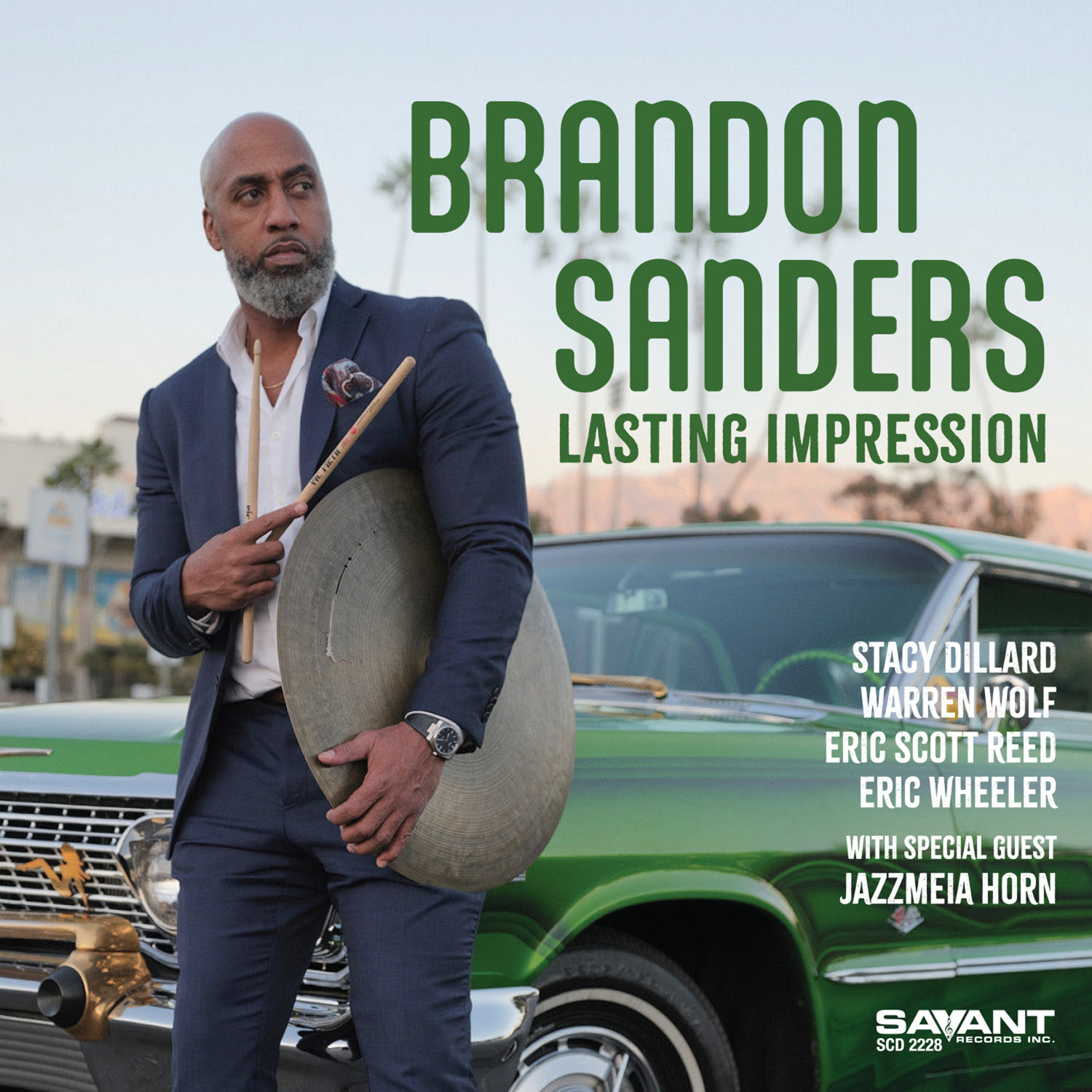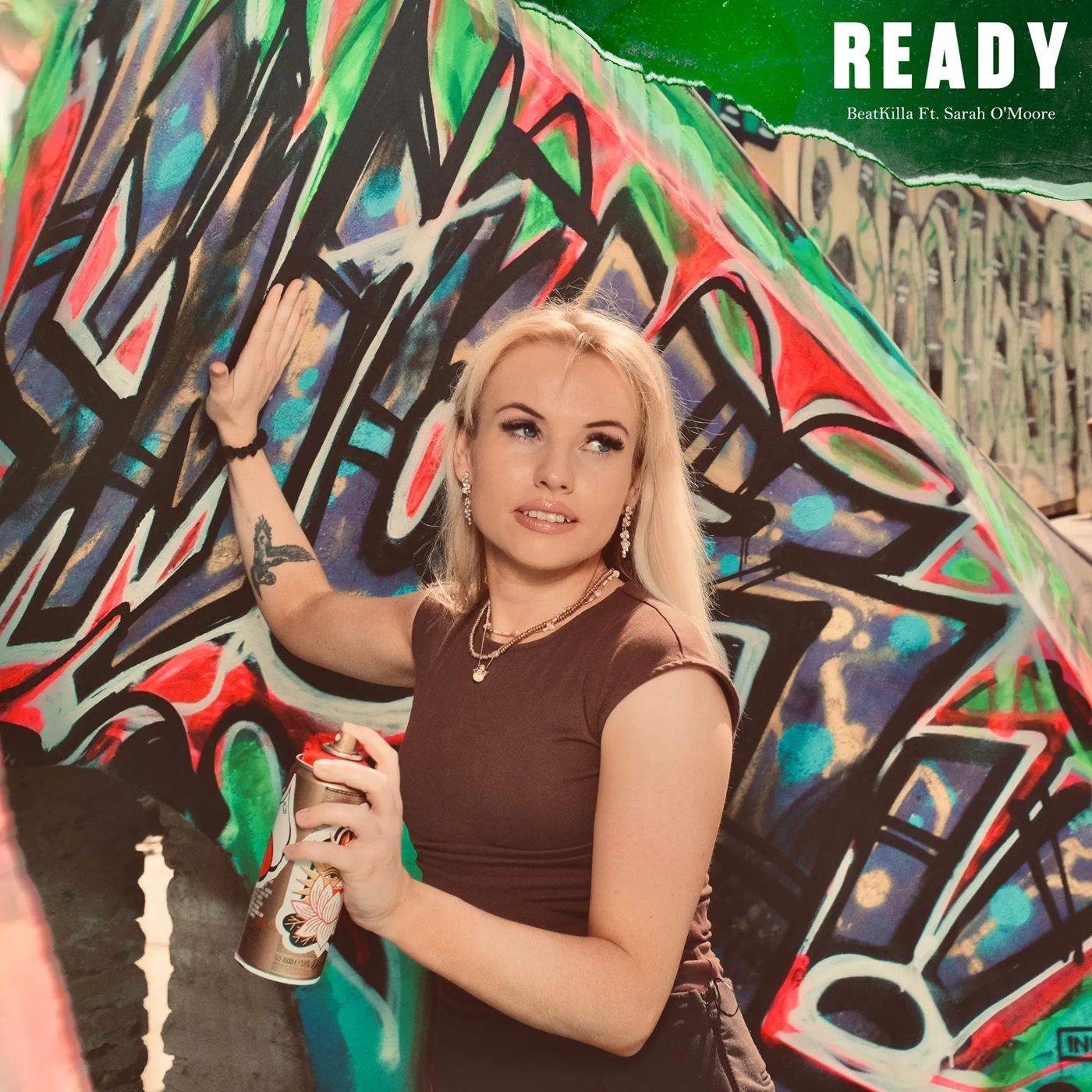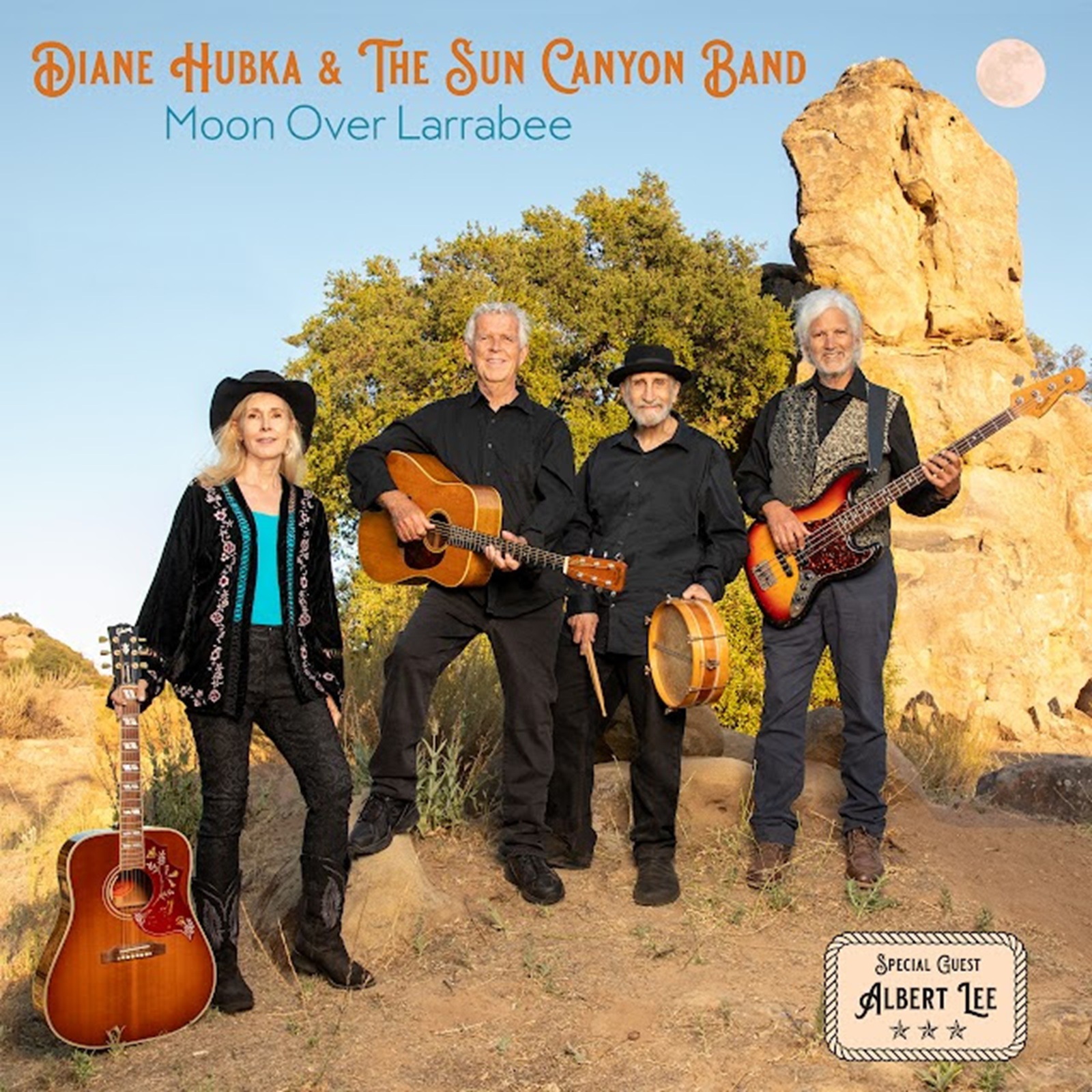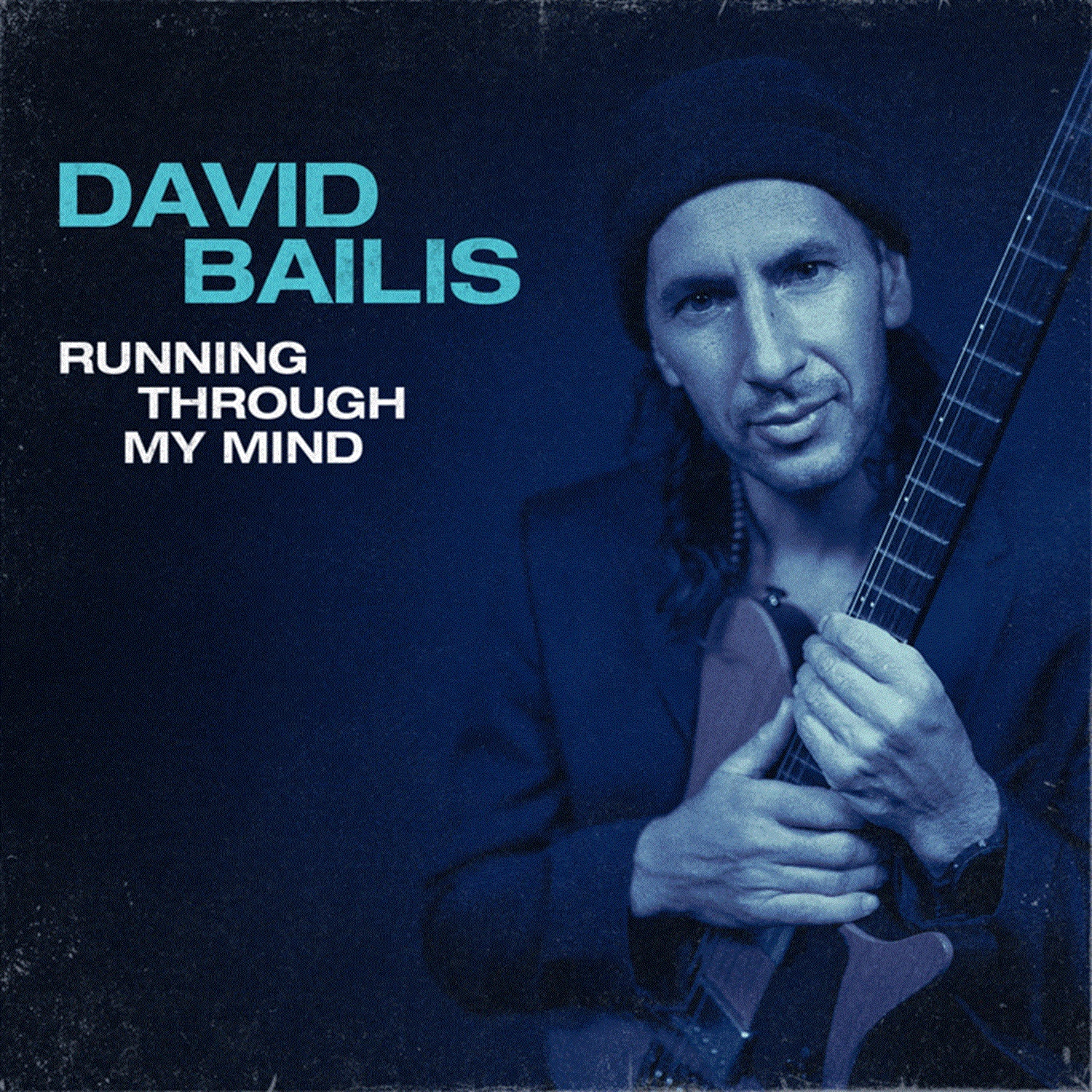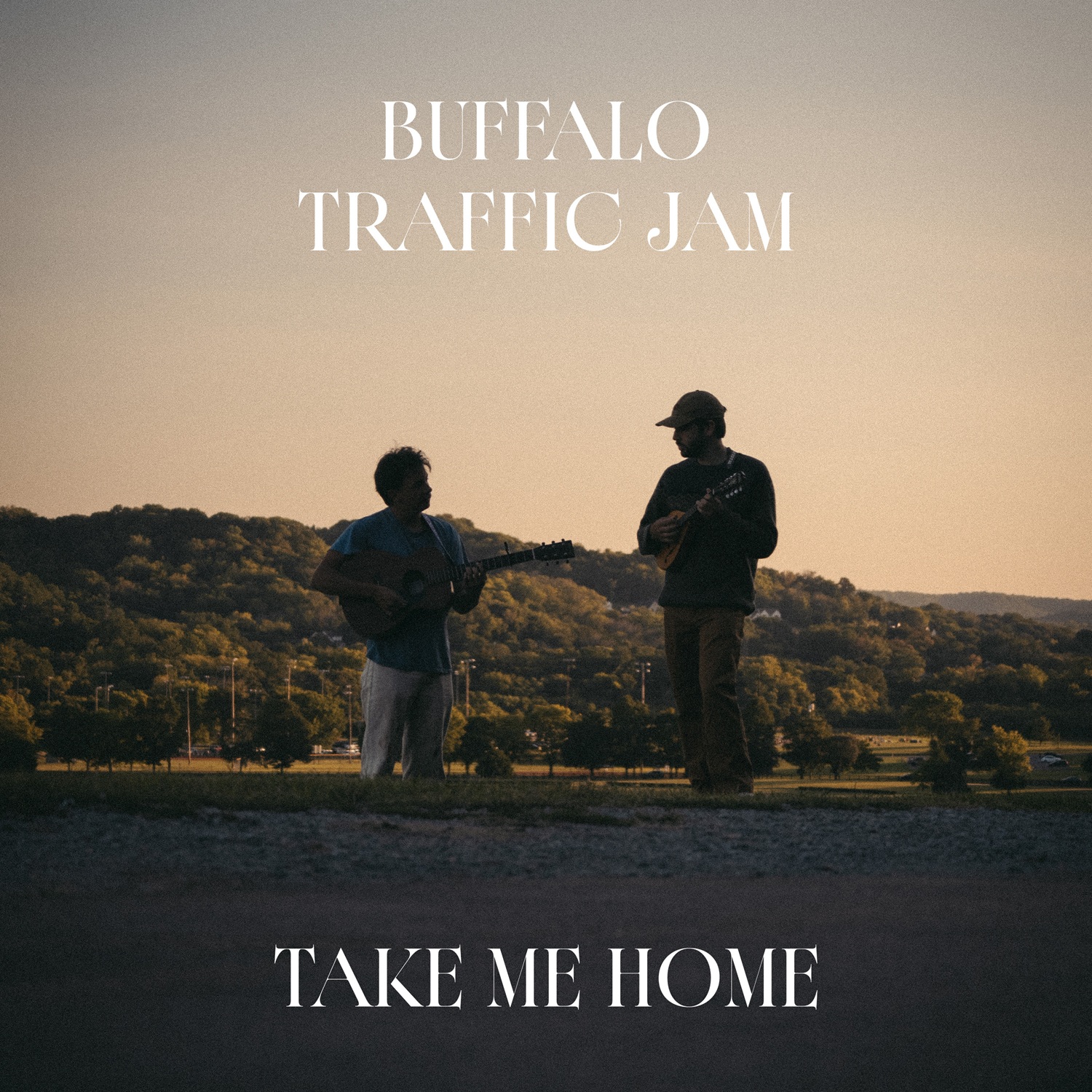Beingness brings together three masters of creative music: award-winning percussionist Adam Rudolph, soprano sax player and NEA Jazz Master Dave Liebman, and drummer and NEA Jazz Master Billy Hart. The CD and digital album will be available via Rudolph’s Meta Records on May 23, 2025 with LPs to follow on July 15. The live album, recorded in the spring of 2023 at New York City’s iconic creative music venue The Stone, marks the fourth in a series of trio recordings released by Liebman and Rudolph.
The trio’s genesis evolved naturally. Hart and Liebman, who met performing on Miles Davis’ historic 1972 recording On the Corner, have played together for over 30 years in configurations including their Quest quartet. Liebman and Rudolph began playing as a duo in 2016, developing a trio with rotating drum chairs.
“When we found out Tyshawn (Sorey) was unavailable for The Stone concert, Dave suggested we ask Billy Hart,” remembers Rudolph. “I enthusiastically agreed. I’ve admired Billy’s playing since I first heard him with Herbie Hancock’s Mwandishi Sextet at the Smiling Dog in Cleveland. I loved his playing then and I love it now.”
Working with Liebman and Hart was a dream come true for Rudolph. “Both Billy and Dave inspired me so much when I was a teenager first getting into playing music,” he said. “It was a real honor to create the spontaneous compositions on Beingness with these two masters.”
Together, Hart, Liebman and Rudolph bring decades of performance experience in the full range of contemporary jazz and creative improvised music. Their embodied experience of playing these forms allows them to spontaneously generate new forms though melodic and rhythmic dialogues. These factors, along with the unique combination of instruments Liebman’s wood flutes and Rudolph’s array of percussion bring to the trio, make Beingness a completely original and soulful addition to the evolution of creative music.
Liebman, Hart and Rudolph channel their unique and evolved rhythm and sonic languages through inspired, spirited musical dialogue. The result is music that exists on its own terms, reflecting the wonderful alchemy of the artists as they spontaneously create dialogues, orchestrations, and sonic moods. “The three of us were committed to open our ears and hearts,” says Liebman. “The results were magical.”
Hart concurs: “You have to come to a creative situation like this with open ears, an open heart, and free-flowing imagination. The preparation is also years of practice, composing and performance so that we can be free to play anything we can imagine to play.”
For the live performance, Rudolph employed his “organic” orchestrations and electronic processing. He recalls, “Dave was so inspired by the electronic processing I did during the concert that he asked me to do more of it post production.” Rudolph spent hours diving deep into the music to subtly expand the orchestral palate and create a shadow world of harmonic colors.
While maintaining awareness of the precedent of post-production processes in classic recordings like Bitches Brew and Weather Report, Rudolph incorporated additional ideas from his world music experience: “My primary inspiration for the electronic orchestrations is the ancient African practice of complexifying the sound of instruments, for example by attaching rattles or putting gut strings on skins, so that when they’re played, a parallel 'shadow line” of sound is heard. These rhythm overtones are sometimes called ‘the voice of the ancestors’ and add a transcendent quality to the music.”
As Rudolph reflects in the liner notes “Beingness is the source of inspiration which moves silence towards its manifestation as form in sound. Each gesture animates in the infinite space between thought and non-thought awareness. The fluidity of spontaneous sonic projections reflect the essential being of nature, which is change.”
The career of NEA Jazz Master Dave Liebman has spanned nearly five decades, beginning in the early 1970s as the saxophone/flautist in both the Elvin Jones and Miles Davis Groups, continuing as a bandleader since. He has played on over five hundred recordings with nearly two hundred under his leadership and co-leadership. In jazz education he is a renowned lecturer and author of several milestone books: “Self Portrait Of A Jazz Artist,” “A Chromatic Approach To Jazz Harmony And Melody,” and “Developing A Personal Saxophone Sound” (translated into multiple languages), in addition to teaching DVDs, journalistic contributions to periodicals, and published chamber music. Liebman‘s autobiography “What It Is-The Life of a Jazz Artist” (Scarecrow Press) is a fascinating look into his career. His bands over the years have included noted musicians such as John Scofield, Richie Beirach, Bob Moses, Billy Hart and others. The current group Expansions features some of the best of the younger generation. Liebman is the Founder and Artistic Director of the International Association of Schools of Jazz (IASJ). Formed in 1989, IASJ is a worldwide network of schools from nearly 40 countries. In addition to being named an NEA Jazz Master, Liebman has been honored by the Jazz Educators Network (JEN) Legends of Jazz (2013); the Order of Arts and Letters (France 2009); Jazz Journalist’s award for Soprano Saxophone (2007); Grammy nomination for Best Jazz Solo (1998); and Honorary Doctorate from the Sibelius Academy (Finland-1997). He is currently teaching at the Manhattan School of Music and is a guest lecturer at Berklee College of Music. Liebman has consistently placed in the top positions for Soprano Saxophone in the DownBeat, JazzTimes and JazzEd polls since 1973.
Jazz drummer Billy Hart was in the Inaugural Class of 20 Jazz Legacies Fellows awarded by the Mellon Foundation and Jazz Foundation of America. An NEA Jazz Master, Hart has performed with some of the most important jazz musicians in history, including Otis Redding and Sam and Dave, Buck Hill and Shirley Horn, the Montgomery Brothers, Jimmy Smith, and Wes Montgomery. Hart moved to New York in 1968, where he recorded with McCoy Tyner, Wayne Shorter, and Joe Zawinul, and played with Eddie Harris, Pharoah Sanders, and Marian McPartland. Hart was a member of Herbie Hancock’s sextet (1969–1973), and played with McCoy Tyner (1973–1974), Stan Getz (1974–1977), and Quest (1980s), in addition to extensive freelance playing (including recording with Miles Davis on 1972’s On the Corner). Hart continues to work steadily and teach widely. Since the early 1990s, Hart has spent considerable time at the Oberlin Conservatory of Music, and is adjunct faculty at the New England Conservatory and Western Michigan University. He leads the Billy Hart Quartet with Mark Turner, Ethan Iverson, and Ben Street, which has released two albums on ECM Records.
For the past five decades composer and percussionist Adam Rudolph has performed extensively throughout North and South America, Europe, Africa, and Asia. He has released over 30 recordings under his own name, featuring his compositions and percussion work. Rudolph composes for his ensembles Moving Pictures, Hu Vibrational, and Go: Organic Orchestra, a 30-piece group for which he has developed an original music notation and conducting system. He has taught and conducted hundreds of musicians worldwide in his Go: Organic Orchestra concept. Rudolph has performed with Don Cherry, Andre 3000, Jon Hassell, Sam Rivers, Pharaoh Sanders, Tyshawn Sorey, Muhal Richard Abrams, L. Shankar, Dave Liebman, Wadada Leo Smith, Philip Glass, and Fred Anderson, among others. He toured extensively and recorded 15 albums with Yusef Lateef, including duets and their large ensemble compositional collaborations. His compositions have been performed by Momenta String Quartet, Oberlin Percussion Group, Figura Chamber Orchestra, and Odense Percussion Ensemble, among others. Rudolph is known as one of the early innovators of what is now called “World Music.” In 1978 he co-founded, with Foday Musa Suso, the Mandingo Griot Society, one of the first groups to combine African and American music, and in 1988 he recorded the first fusion of American and Moroccan Gnawa music with sintir player Hassan Hakmoun. Rudolph has received numerous grants and awards for his work including, most recently, a New Music USA Award. His music methodology and philosophy books, Pure Rhythm, (2006), and Sonic Elements (2022) have been used by composers, performers, students, and music institutions around the world.
Beingness
Dave Liebman - soprano saxophone, wood flutes
Billy Hart - drum set
Adam Rudolph - handrumset (kongos, djembe, tarija), piano, thumb pianos, keyboards, gongs, dakha de bello, live electronic processing, percussion
1) Unfolding 7:27
2) Transmutation 7:08
3) Intent 5:50
4) Pathways 9:05
5) Beingness 2:50
6) Refractions 7:52
7) Transparent to Transcendence 6:48
8) Remembering the Future 9:25
9) Mystique 5:21





